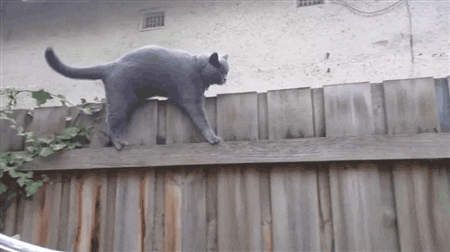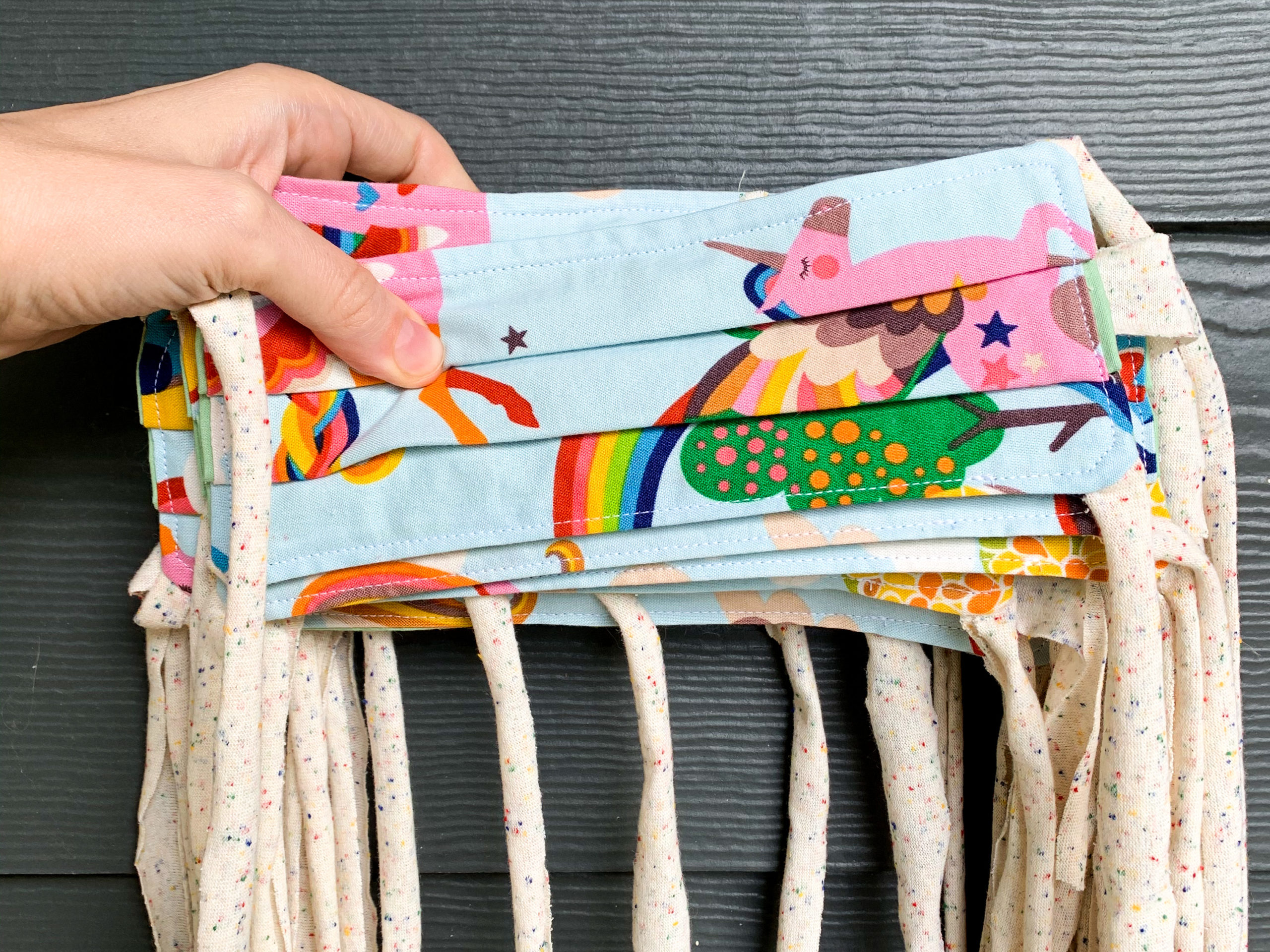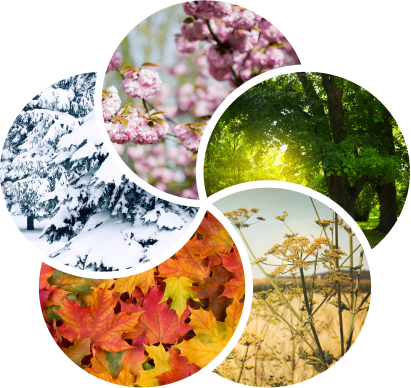A few weeks ago I wrote a little blurb for an article about how to best handle these quarantine times, or as I like to say now, quarantimes.
While other practitioners talk about diet and exercise, I chose to focus on mental health because that’s by far the most prominent issue I’ve been witnessing in my practice.
People are scared and anxious, but the most common emotion I've observed is guilt.
Many of my patients feel terrible for being annoyed by the restrictions placed on their lives while others are facing a potentially life threatening illness, the death or sickness of loved ones, job loss, business collapse, and much more.
Here’s the deal: your emotions about the situation are valid, even if you feel like the impact COVID is having on you is less dramatic than others.
Consider that the very fact that you’re feeling irritated with yourself means that you have compassion for others and the hardship they are facing.
And that’s a beautiful thing.
You can be frustrated, annoyed, and impatient for this virus business to wrap itself up AND feel deeply for those suffering the most from it.
Holding this spectrum of emotion all at once is healthy.
We're not bad people for having mixed feelings about this situation.
In fact, understanding the nuance makes us more human.
Rarely are situations in life black and white, but we have a tendency to want to experience them that way, so we choose a side.
It’s more comfortable to be on one side of the fence than sitting atop it.
The extremes created by choosing sides divide us from each other and encourage us to believe that we have less in common than we actually do.
We often suppress our emotions and thoughts to fit a behavior profile that reflects the values of the side we’ve chosen.
I still remember actively negotiating with myself when I was 6 years old in first grade, telling myself over and over again to like chocolate milk because most other kids did.
I made myself nauseous at least three times before I decided it wasn’t worth feeling sick to try to fit myself into the pro-chocolate milk camp.
I was branded as a bit of a weirdo and I felt incredibly guilty for failing to align with the expectations my peers had for me.
Guilty that some physiological factor totally out of my control made the choice for me.
Guilty that I was angry for feeling ashamed and hurt that my whole character came into question because I didn’t have the same love for sweetened milk.
Among first graders, milk choice was a binary division: be normal, fit in with the majority and like chocolate milk, or be a lunchtime outcast and get regular milk.
Adults are not that different.
But we don't have to live in the black and white.
We don’t have to choose a side.
This pandemic has highlighted that we’re all inextricably linked to each other and the planet.
That there is no me versus others.
There’s only us.
Once we recognize this, we can start to process and release our guilt and reorient our thoughts and actions toward a more connected, open, and humble place.
Here are a few practical ways to get started:
#1 Stop comparing yourself to others
Your challenges are no less valid than someone else’s.
Events shape us all differently and this pandemic is no exception.
Something that’s massively impactful to one person can barely influence another, even if they both experienced the exact same thing.
The drama of a situation isn’t what matters, it’s how we cope and grow.
#2 Recognize and validate your emotions
Be honest with yourself about how you’re feeling. If you’re upset, frustrated, depressed, bored, or scared, acknowledge these emotions.
Don’t shove difficult feelings away with false positivity. This is a challenging time for individuals as well as our global, interconnected culture.
When we admit to our struggle, we can start to shift our internal perspective from one of shame, guilt, and fear, to one of hope, connection, and compassion. And the world needs that right now.
#3 Hold and appreciate the duality of your feelings
We can respect ourselves by honoring our own emotions while still holding space for the struggle and difficulties of others.
We can be responsible and respect the rules that benefit the community while still experiencing the feeling of wanting to rebel against them.
We’ve been interconnected globally for some time now, but we’ve never had a worldwide focus on one issue.
This unprecedented time can feel heavy and intense, but it also offers exciting avenues of thought and opportunities to examine the old story in which we were living and imagine a new one.
#4 Acknowledge your privilege and act to support others
Several patients have told me that they feel guilty because they can work from home when others can’t, they still have a job when others have lost theirs, and that no one they know has been infected while many are seriously ill.
Self-isolating, as maddening as it can be, is a privilege.
So is having a job that allows you to work from home or having the disposable income to order in groceries.
Here’s the weird, backwards part of guilt around our privilege: feeling guilty protects us from emotionally examining the inequalities of our current system.
Guilt is heavy and burdensome on our hearts, but helps us to maintain a sense of innocence and acceptable inaction. Like receiving penance for sins that we were an unwitting accomplice in perpetrating.
If we were unaware, why do we have anything to repent for? What’s done is done and we had no control over it, so why should we start trying now?
This is the cycle of guilt that stagnates us from taking action that can ignite a larger societal change.
In order to address inequalities, we must act to help those with less resources.
If you feel guilty about your privilege, you are a compassionate and wonderful person.
Use your privilege to start creating a world where privilege, either conscious or unconscious, doesn't inhibit any person from being able to live a happy, healthy, safe life.
Create a world where privilege doesn’t exist.
Where we’re all just human, trying to do our best every day and THAT is enough to earn us the right to exist, to make a decent living, and to feel safe and loved.
Little actions make for big change.
Make masks for essential workers if you sew.
Donate to help someone pay their medical bills if you have extra funds.
Cook meals for families struggling to balance work and children at home if you have time and love to cook.
Sign petitions for causes you believe in to support the greater good.
Be extra kind and generous to the essential workers that you interact with.
The antidote to guilt starts with self-compassion.
That’s what steps 1-3 are all about.
The more compassion we can give to ourselves, the more we have for others, and step 4 becomes easy.
Things will never be the same after these quarantimes, and that’s a good thing.
We’re on the precipice of a huge opportunity to co-create change in our world.
We just have to be willing to witness, reflect, and take action to make it happen.
More Coronavirus content:





